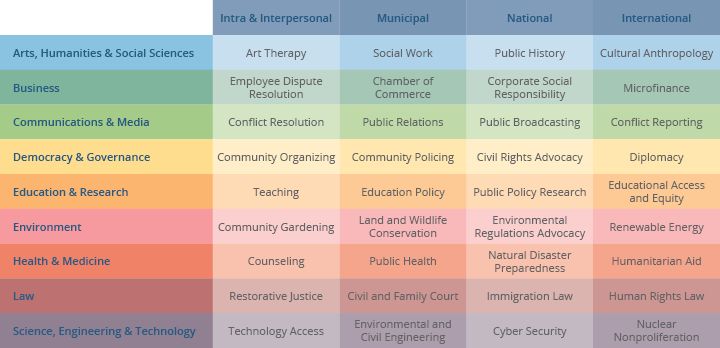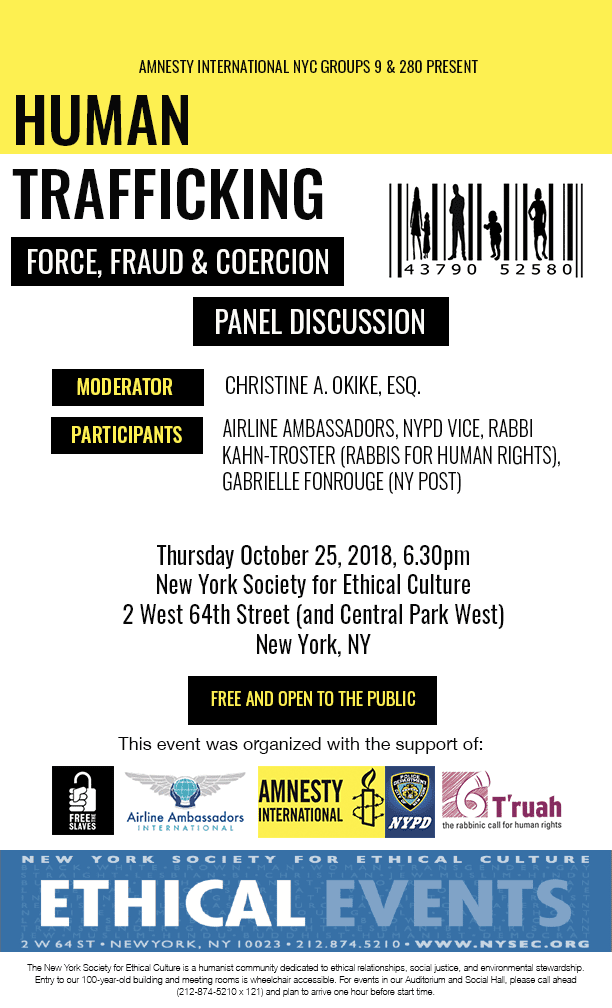Two years ago I tripped and fell face first into a bush… and also my profession. I applied to Chapman as a prospective Peace Studies major. I wanted to be a doctor, just like I had for so much of my life. I wanted to address the deep inequities and injustices present in the medical system and I believed that a Peace Studies degree would give me the important skills and knowledge required to address such issues. I still believe that. Funnily enough, I soon found myself battling the same inequities I wanted to address as a doctor, but this time as a patient. My body was self-destructing. My mental health was in shambles. I was frankly being beaten left and right by organic chemistry. I knew it was over. Medical school would kill me. I could not do it. I had a crisis of profession- I knew from the very beginning that I had zero interest in international policy or UN work. I had plenty of people in my life who pursued that path and I knew it was not for me. So what’s a burnt out, dying, washed up peace studies student meant to do?

Laila, my best friend, and her babies hanging out on my patio while I acclimate them to a live trap
I came home from a lecture one day to see my cat jumping and flipping in front of my patio door. Is she playing with the glass? When I walked closer to investigate, I saw a flash of black take off into a bush. Little did I know at the time that this little flash of black would be named Laila and that her and her babies would completely change my life- and career- for the better. Fast forward one historic flood, two months of near hourly bottle feeding, three emotionally devastating vet encounters, and the dissolution of my entire life’s savings and I had rescued a total of 11 kittens and their mother. I had also found my calling.

Helen: my son, one of Laila’s babies, and one of the first kittens I ever bottle raised. He is currently sitting on my desk and chewing on the end of my keyboard.
Six months prior, I had just been a cat lover. I did not know about the shelter overpopulation crisis or the realities of feral colonies or the tens of thousands of rescuers across the country who dedicate their lives to saving and raising the kitties you might currently find sitting on your coffee table. I was taken in by local Orange County rescuers who taught me how to trap, give vaccines, administer life saving measures out the back of my car, and more. I found a family and a career.

A staged photo of all the supplies I used in my first emergency medical intervention. Arranging this photo was part of how I processed the emotional trauma of holding a baby in my hands for five hours doing everything in my power to keep her alive while she fought for her every breath. The kitten’s name is Butternut and against all odds she survived and was adopted by a lovely family in San Diego.
I don’t think cat rescue is the first thing that comes to mind when people hear Peace and Justice studies, but spend one day on the ground with me and you will see the essence of peace building right before your eyes. Beyond just rescuing cats in danger on the streets, we facilitate dialogue between community members and feeders to help resolve disputes concerning feral cat colonies. We provide fundraising support for folks struggling to financially provide for their pets. We show up at city hall and county board meetings to stand up for the rights of cat communities and their caretakers. We carefully navigate hoarding situations to both protect the cats and preserve the emotional integrity of their owners who love but can not reasonably care for them. Cat rescue requires heart, smarts, and the ability to thoughtfully and productively navigate conflict and tense situations.

Ernest, the first cat I trapped on an overnight stakeout at an auto body shop in Pico Rivera
If you had asked me as a freshman what I thought I would be doing with my degree, I never would have dreamed that this would be it. If you told eight year old me how I spend my time as a 21 year old almost peace studies grad, she would pick up her beloved kitty Baby Fluff and swing him around in joy. I might not have followed the path I thought had been laid out before me, but I did chase a little black cat right into a profession that I love and that brings my inner child so much fulfillment. Peace and Justice studies can mean so many things. Still don’t believe me? Send me an email and I’ll take you on a cat trapping stakeout with my fellow rescuers at Friends of Normie.




 I chose Peace Studies because I could not and did not want to focus on a singular issue. I want to be able to pursue a variety of issues that are important and have an expansive versatile skill set to make a difference. I also think that peace is not only just a profession but a life style. It requires empathy, solidarity, and working to help all marginalized groups. Peace is a profession that is more than just wanting change but doing something to create the change you wish to see.
I chose Peace Studies because I could not and did not want to focus on a singular issue. I want to be able to pursue a variety of issues that are important and have an expansive versatile skill set to make a difference. I also think that peace is not only just a profession but a life style. It requires empathy, solidarity, and working to help all marginalized groups. Peace is a profession that is more than just wanting change but doing something to create the change you wish to see.



 Peace as a profession can have direct manifestations within various career paths. The most predominant fields that I have learned about include those that uphold, promote, a
Peace as a profession can have direct manifestations within various career paths. The most predominant fields that I have learned about include those that uphold, promote, a the UN, or other non-governmental organizations can also be effective pathways to getting involved in this field. Some notable organizations I have learned about include
the UN, or other non-governmental organizations can also be effective pathways to getting involved in this field. Some notable organizations I have learned about include 

 I volunteered with their daycare program, created to give kids and
I volunteered with their daycare program, created to give kids and 


 .
. There are endless possibilities!
There are endless possibilities!
